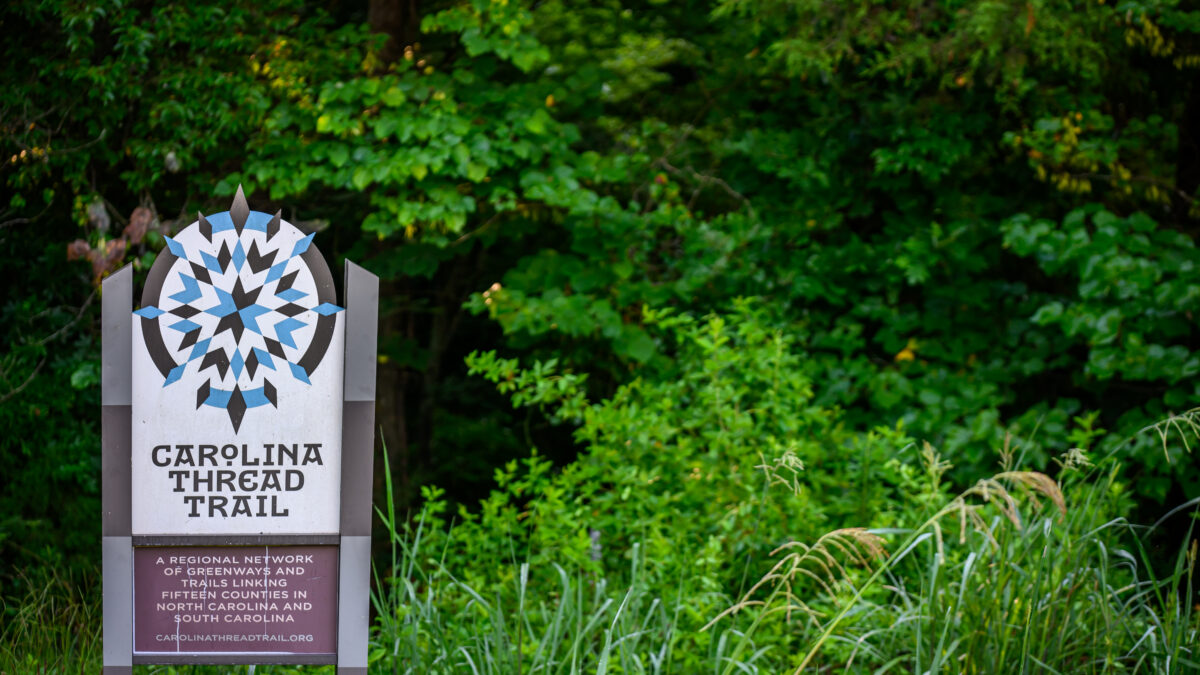Update of Master Plans

The Carolina Thread Trail, collaborating with our partners and stakeholders, plans to conduct a process in 2026 to update each of the previously adopted county-specific master plans. The initial adoptions occurred between 2009 and 2015, according to locally-driven processes, and over time the Thread Trail and local governments have amended some of the plans as needed. Given many changes in the region in the last 10-15 years, a thorough assessment of the regional network is due.
Consultant Procurement
The Request for Proposals is closed. The Thread Trail expects to select a consulting firm in November, to lead the update process starting in 2026.
